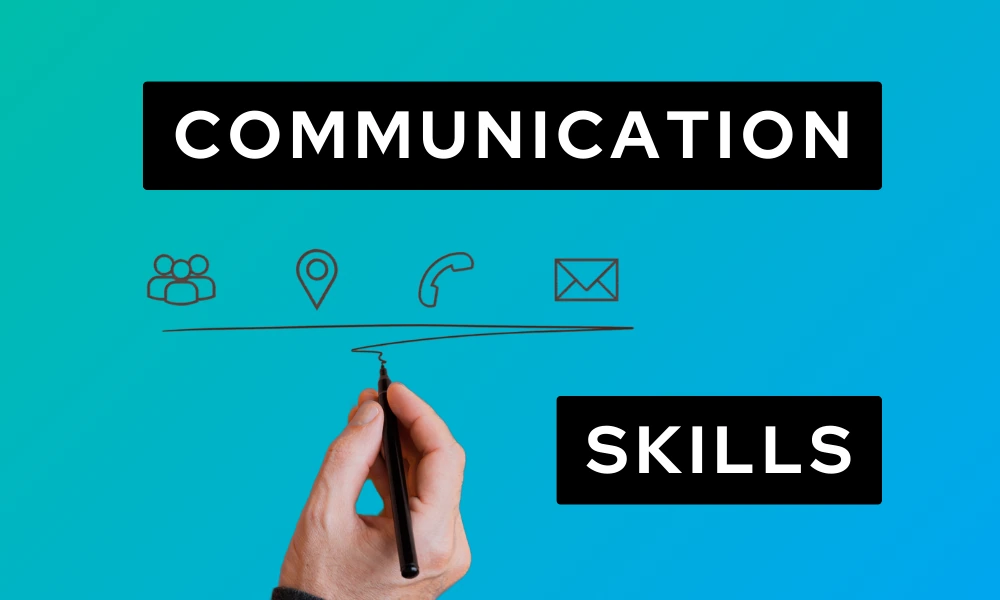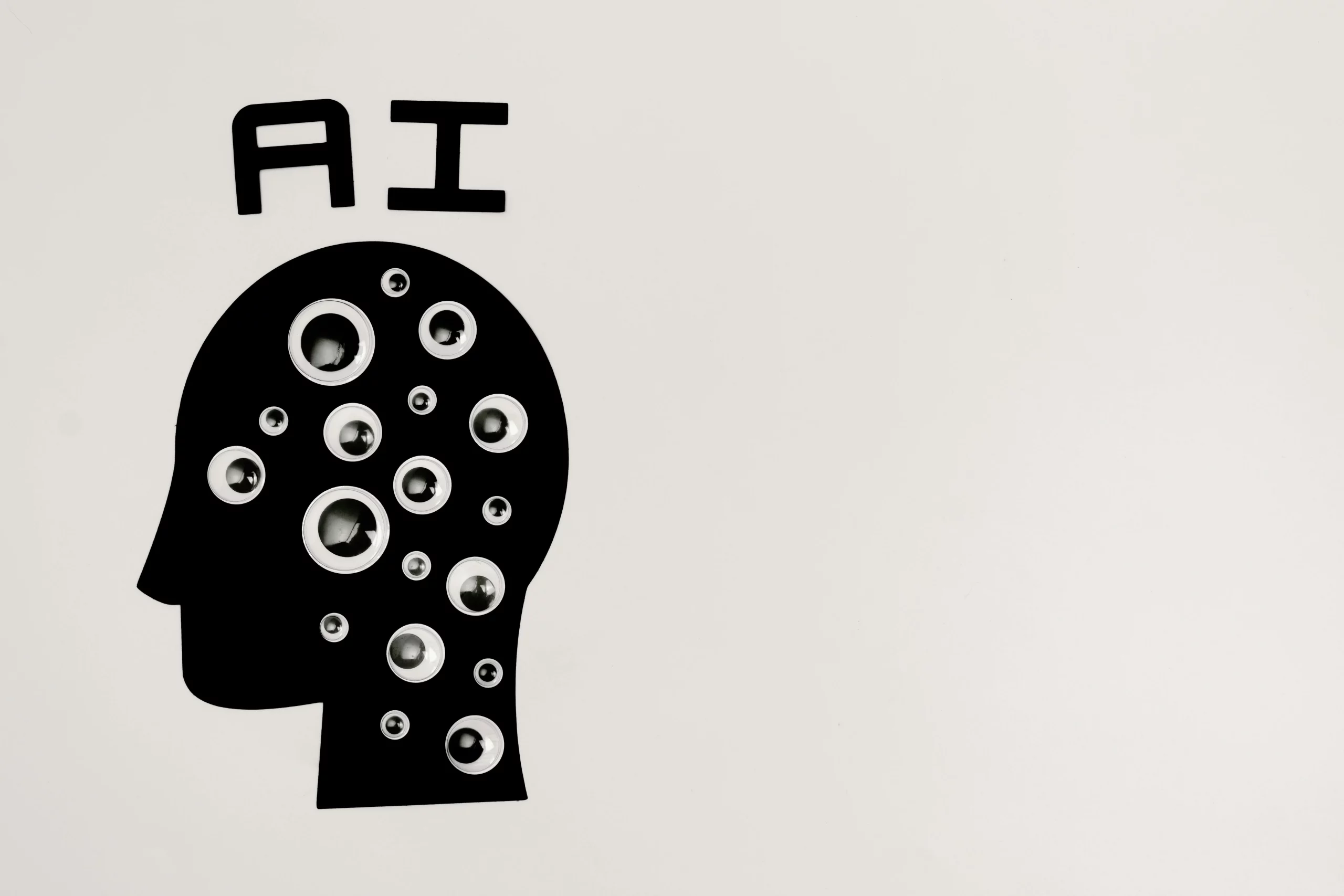Artificial Intelligence (AI) is transforming the recruitment landscape, particularly in the realm of screening interviews. This technology is enabling companies to streamline their hiring processes, reduce bias, and improve candidate experiences. We explore how AI is revolutionizing screening interviews and delve into the concepts of what a screening interview is, the role of interview screening in HR, and the specifics of pre-screening and technical screening interviews.
What is a Screening Interview?
A screening interview is an initial step in the hiring process used to determine if a candidate meets the basic qualifications for a job. This stage helps to filter out unsuitable candidates early, saving time and resources for more in-depth assessments later. Screening interviews can be conducted over the phone, through video calls, or using AI-driven platforms.
Access our Screening Interview Cheat Sheet for Recruiters
The Rise of AI in Screening Interviews
Increased Adoption
As of 2023, over 50% of companies are utilizing AI for at least one stage of their recruitment process, with screening interviews being a primary application. This widespread adoption highlights the growing reliance on AI to enhance the efficiency and effectiveness of hiring.
Source: LinkedIn Talent Solutions. (2023). “Global Talent Trends.”
Market Growth
The AI recruitment market, which includes AI-powered screening interviews, is projected to grow from USD 580 million in 2020 to USD 3.1 billion by 2025, at a CAGR of 40.1%.
Source: MarketsandMarkets. (2020). “AI in Recruitment Market.”
Efficiency and Speed in Interview Screening
Reduction in Time-to-Hire
AI-driven screening interviews can reduce time-to-hire by up to 75%. These systems can quickly analyze candidate responses, identify top candidates, and expedite the scheduling of subsequent interviews.
Source: Ideal. (2021). “The Benefits of AI in Recruitment.”
Automated Interview Scheduling
Automated interview scheduling using AI reduces the administrative burden on HR teams by 60%, allowing them to focus on more strategic tasks. This includes coordinating availability and sending reminders, ensuring a smoother and faster hiring process.
Source: Deloitte. (2021). “AI in Recruitment: Transforming the Hiring Process.”
Quality and Fairness in HR Screening Interviews
Improved Quality of Hire
Companies using AI for HR screening interviews report a 35% improvement in the quality of hire. AI algorithms assess candidates based on their skills, experience, and compatibility with the job role, leading to better hiring decisions.
Source: LinkedIn Talent Solutions. (2023). “Global Talent Trends.”
Bias Reduction
AI helps reduce unconscious bias in screening interviews by standardizing the evaluation process. Organizations using AI for this purpose have seen a 40% improvement in unbiased hiring practices.
Source: Harvard Business Review. (2020). “How AI Can Eliminate Bias in Hiring.”
Increased Diversity
AI-powered screening tools have contributed to a 25% increase in workplace diversity. By focusing on objective data rather than subjective judgments, AI promotes fairer hiring practices.
Source: McKinsey & Company. (2020). “Diversity Wins: How Inclusion Matters.”
Enhancing Candidate Experience with Pre-Screening Interviews
Enhanced Candidate Experience
AI can enhance the candidate experience by providing timely feedback and consistent communication. Over 60% of candidates report a more positive experience with AI-driven pre-screening interviews due to their efficiency and transparency.
Source: Talent Board. (2020). “Candidate Experience Benchmark Research.”
AI Interview Bots
AI interview bots are gaining popularity for initial candidate screening, with 45% of job seekers appreciating their use. These bots can conduct preliminary interviews, answer candidate questions, and provide instant feedback, making the process more engaging.
Source: Allegis. (2021). “The Role of AI Chatbots in Recruitment.”
Technical Screening Interviews and Predictive Analytics
Technical Screening Interviews
In technical screening interviews, AI can evaluate candidates’ technical skills through automated coding tests, simulations, and problem-solving tasks. This ensures that only candidates with the required technical expertise proceed to the next stages of the hiring process.
Predictive Analytics
75% of large organizations are using AI-based predictive analytics in their screening interviews to make more informed hiring decisions. These analytics can predict a candidate’s future performance and potential fit within the company.
Source: Gartner. (2021). “Predictive Analytics in HR.”
Future Trends
The future of AI in screening interviews is promising, with advancements in natural language processing and machine learning set to further enhance the accuracy and efficiency of these tools. Continuous improvements will likely lead to even greater adoption of AI in recruitment.
Conclusion
AI is revolutionizing the screening interview process, offering significant benefits such as reduced time-to-hire, improved quality of hires, enhanced candidate experience, and increased diversity. Whether it’s through initial pre-screening interviews or more detailed technical screening interviews, AI ensures a fairer and more efficient hiring process. As AI technologies continue to evolve, their impact on recruitment will only grow, making them an essential tool for modern hiring strategies. Companies that embrace AI in their screening interviews will be well-positioned to attract and retain top talent in a competitive job market.



